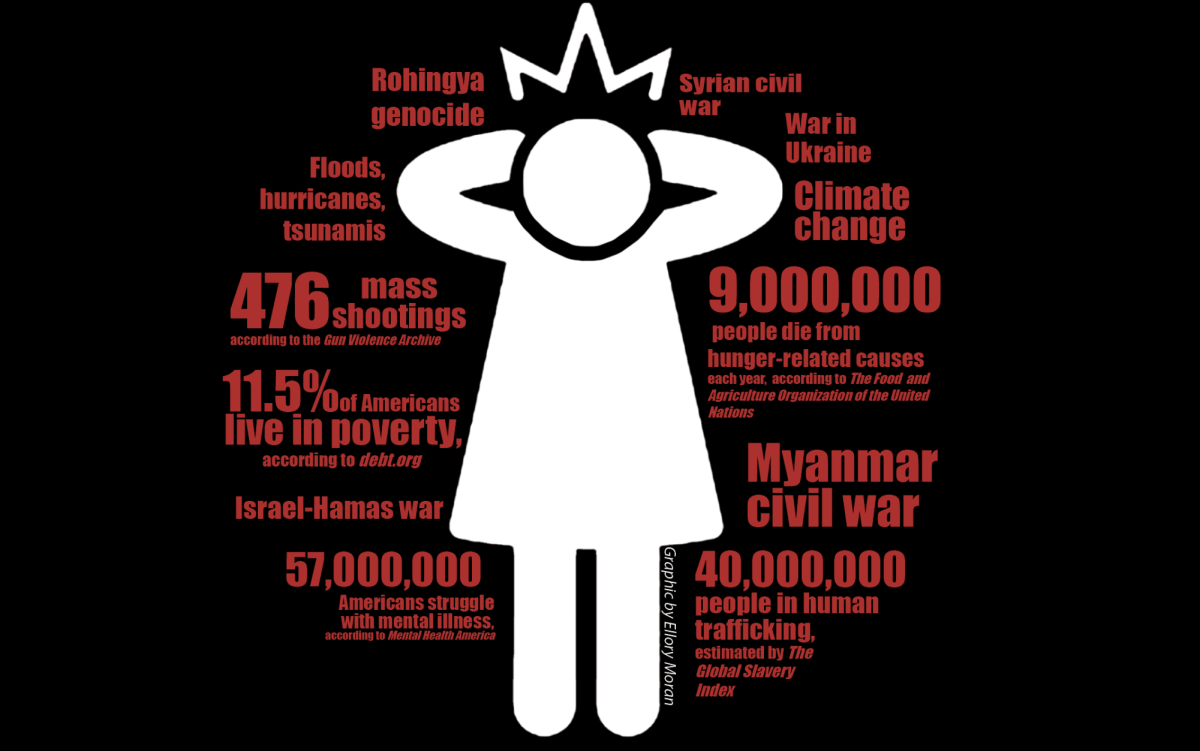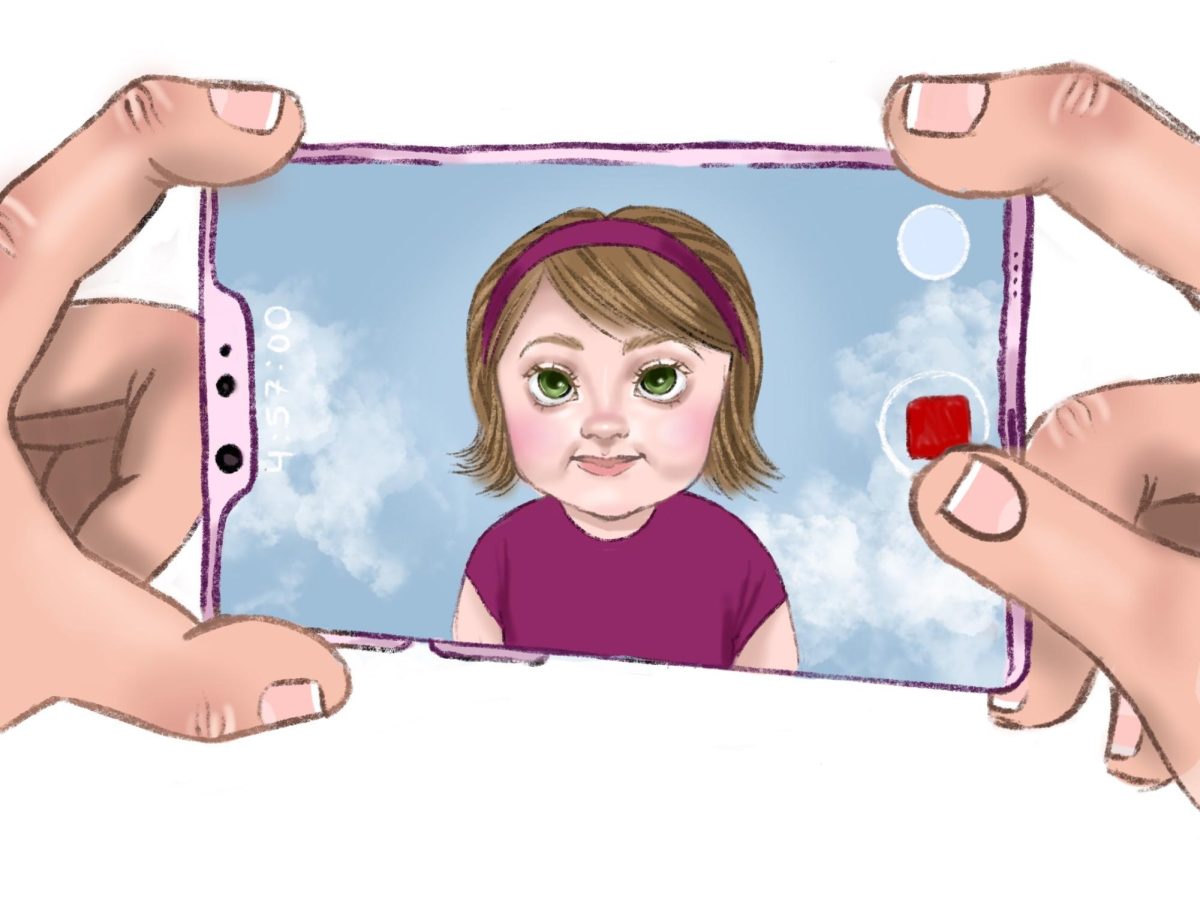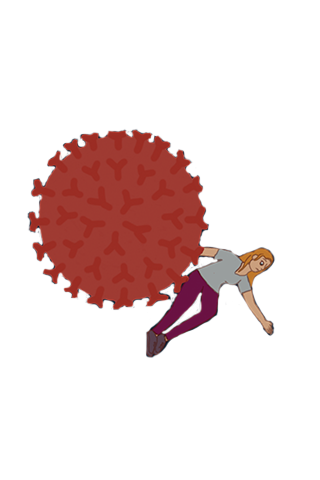You wake up, scroll through your phone, and see the latest headlines. A mass shooting at a school claims several lives. A report details worsening poverty rates and another warns of irreversible climate damage. Somewhere buried between these stories is an update about political corruption, a hate crime, or another humanitarian crisis. You sigh, maybe shake your head, and move on with your day.
It’s not that you don’t care, but these stories feel almost routine now.
This is the world we live in: one where crises hit us so frequently and intensely that they’ve lost their ability to shock us.
This year alone has seen around 476 mass shootings, according to the Gun Violence Archive. This is an overwhelming statistic that, for many, barely registers beyond a passing moment of sorrow or frustration.
The war in Ukraine, once a dominating topic in headlines and social media, has faded from the spotlight on many news sites.
Even as countless lives are impacted and atrocities continue, public and media attention has shifted elsewhere. Reports of mental health crises, police violence, or war in another country register as busy noise rather than calls to action.
It’s as if our capacity to care has been eroded by sheer repetition.
When we’re constantly exposed to suffering and violence, we lose our ability to emotionally connect with those affected.
As emotional numbing sets in, we begin to perceive violence, war, and disasters as normal, according to the National Library of Medicine. Over time, this normalization of harm can lead to a loss of action because these incidents stop feeling shocking and start feeling inevitable. It’s as though we’ve resigned ourselves to the idea that this is just how the world works. When violence starts to feel inevitable, society loses the urgency to demand change, and the systems that allow it to persist remain unchallenged.
We start to see statistics instead of people, reducing their pain to something abstract and distant. A headline about the lives lost in a school shooting or a famine halfway across the world becomes just another number.
People’s emotional responses are strongest when they hear about one endangered individual, according to a series of studies in 2014 led by psychologist Paul Slovic at the University of Oregon. However, as the number of people in danger grows, our empathy declines.
This fade in compassion shows how overwhelmed we become when faced with large-scale tragedies–so much so that we stop engaging entirely.
Desensitization is dangerous because it robs us of our humanity. It impacts the future of our world. Gun violence that goes unchecked can claim more lives. Wars persist as actions go unchallenged. Climate disasters grow more severe without the collective will to address them. Our inaction doesn’t make the problems disappear, it allows them to grow.
The moment we stop caring, we stop fighting for a better world. Without action, these crises will only worsen. But we can choose differently.
We can reclaim our capacity to care, because when we care, we act, and when we act, change becomes possible.
Caring is the first step to change, and it’s a step we can still choose to take.











